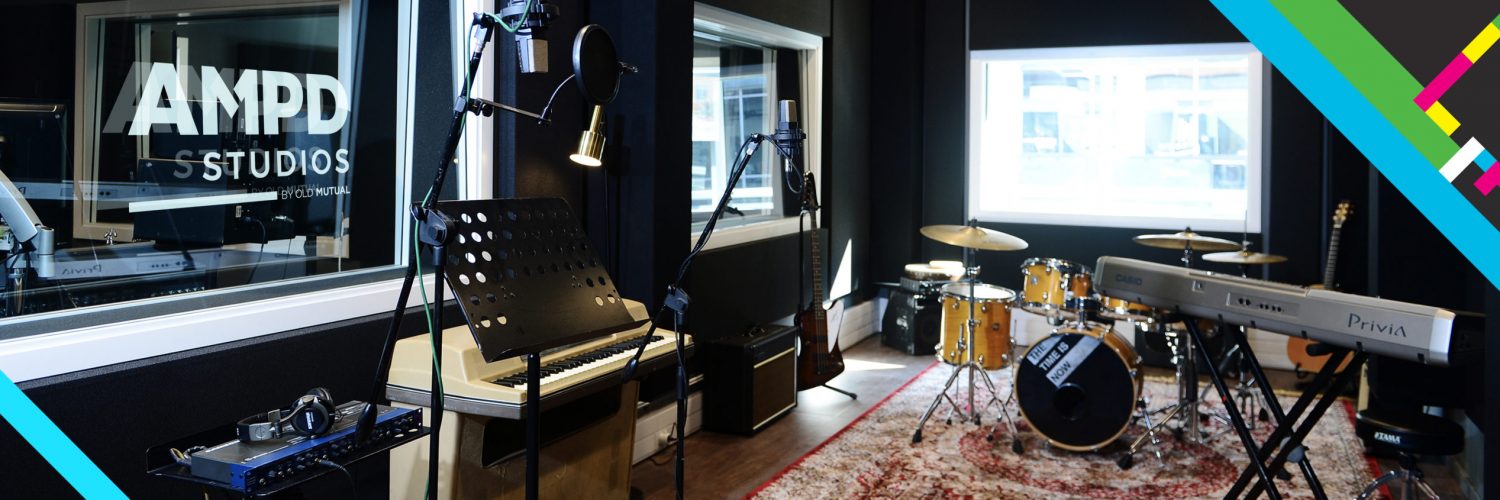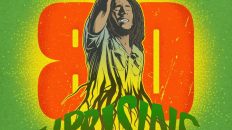Composers, songwriters, and performers often face financial challenges because they focus on their art at the cost of financial planning. They, therefore, fail to ensure that whenever their music is played, they get royalties, and then find themselves without a secure source of additional income, says Old Mutual.
Often, says Bandile Mngoma, Sponsorship Manager at Old Mutual, performers miss the basic step of studying and understanding their industry. “ Because they are artists and concentrate on their music, they lose sight that music is a business, and the objective of a business is to make a profit.”
“Many artists also then sign contracts without getting the advice they need. They forget about the future and do not take the steps they need to guarantee income from live performances and other sources. One of the most important of these is the payment of royalties.”
In South Africa, there are four ‘collecting organisations’ of which musicians should be aware of. To benefit fully from these sources’ royalties, people in the industry should be registered members of those that apply to their activities. All agencies play a crucial role in developing the collection and distribution of music royalties while protecting the intellectual property of music creators.”
The organisations are:
- The Southern African Music Rights Organisation (SAMRO)
SAMRO, administers the copyright of composers, lyricists and publishers and helps ‘performing rights’ by collecting licence fees from music users such as broadcasters, restaurants, clubs and hotels. These licence fees are passed on as royalty income.
- The Composers Authors and Publishers Association (CAPASSO)
CAPASSO licences the reproduction of musical works and distribution of these fees as royalties. Artists should join both SAMRO and CAPASSO so that they are considered every time a copy (by recording, disc or any other mechanical means) of their work is made in South Africa or their work is broadcast.
- The South African Music Performance Rights Association (SAMPRA)
SAMPRA serves the needs of copyright owners of music sound recordings, with and collect and distribute royalties to the members of the recording industry of South Africa (RiSA) wherever their recordings are broadcast or communicated to the public. SAMPRA also administers ‘needle time rights.
- The Performers Organisation of South Africa Trust (POSA)
POSA is a trust that administers needle time rights for recording artists/musicians who have assigned these rights to SAMRO. Needle time rights make sure performers, and recording artists get paid when their music is played in public.
Beneficiaries include people such as studio musicians or people singing the lyrics when a recording is made. Anyone who contributes to a recorded performance caught on CD, tape, MP3, or any other recording device has needle time rights over a recording.
The most common complaints about the payment of royalties in South Africa are that:
- Some broadcasters do not pay the royalties they owe
- Although they are registered with various bodies, artists say that they do not get paid
One of the most common misconceptions is that royalty payment should be instant. As the process requires the collection of cue lists and playlists from hundreds of outlets, it can take up to 18 months before royalties can be paid.
“Royalties is a complicated business. All collection actions locally depend on the Copyright Act 98 of 1978, currently being amended, which states that a work must be original. It must also be produced in material form (on paper, disc, or other means) and created by a person who is a South African citizen or lives in SA. Usually, the author of the work is the copyright owner,” says Mngoma.
The author of a recording is considered to be:
- The person who first makes or creates a musical work
- In the case of a sound recording, the person who arranges for the recording to be made
These copyright owners have the exclusive rights to authorise its broadcasting (needle time rights).
KZN’s DJ Tira, appearing in an Old Mutual AMPD Masterclass series, says that when an artist signs with a music company, the company usually pays the artist a royalty of between 10 and 15%. When the company sells CDs, this rate can increase, and depending on sales achieved, can grow to the highest level of 15%. In return, the company pays for making an album, marketing and distributing it. The advantage to the artist is that he or she can concentrate on making music.”
“Other options include the artist signing a ‘joint venture’ contract in which he or she participates in the income derived from the profits across the varied activities involved in releasing an album. However, all parties taking part must also shoulder an agreed portion of the expenses involved.”
Adding her voice in an AMPD Masterclass, veteran broadcaster, and music personality Catherine Grenfell says that although local artists were frustrated by poor administration in many of the organisations, things were getting better as registration has become simpler.
“Get your details registered with all the collection bodies,” she advises, adding, “many of the established bands I work with have missed out on royalties. If you are writing music with someone else, make sure that you have publishing percentages arranged. If you do not register your rights, you could see someone else getting royalties”.
Contracts must be at the foundation of any agreement, regardless of the relationship a performer or artist may have with an associate, she cautions.” You have to take control of your career. You have to be responsible for yourself.”
Ensuring royalties are paid she says, includes:
- Making sure that all contracts have provision for the payment of cancellation fees.
- Music festival organisers sign agreements so that royalties are itemised for each song performed.
- When travelling internationally, ensuring that you are registered with the equivalent of SAMRO in each country you visit. Royalty payments will then be forwarded to SAMRO for payment in SA.
“The overall message is clear,” says Mngoma. “Artists must ensure that they take a business-like approach to their profession if they are to build a career and enjoy retirement when leaving the music industry.”
“Music may be invigorating and bring fame and fortune, but it is also a business. No artist should ignore this fact and should, therefore, build a specialised team to advise and plan a career and build a financial plan”.
For more information about AMPD Studios, visit www.ampdstudios.co.za. To join the AMPD Studios community for updates and more, join the AMPD WhatsApp line by WhatsAppíng your name to 081 707 66 36.




